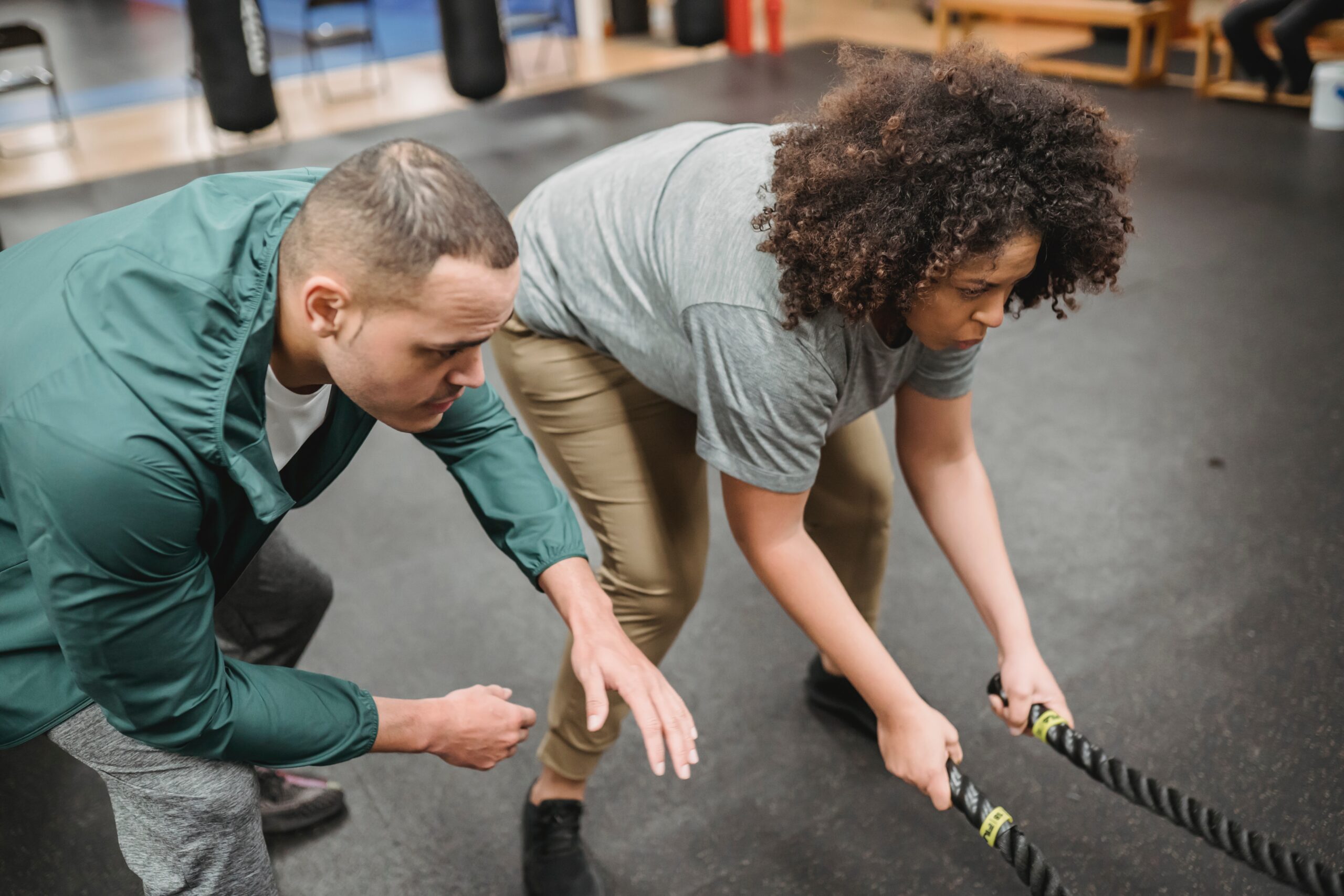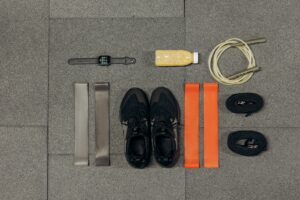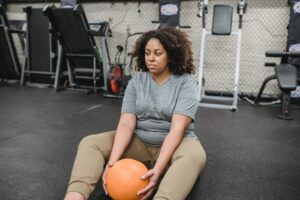As we age, physical activity becomes increasingly important for maintaining overall health and independence. Regular exercise has been shown to have numerous benefits for older adults, including:
- Improved Cardiovascular Health: Regular exercise can improve heart health, reducing the risk of heart disease, stroke, and other cardiovascular conditions.
- Increased Muscle Strength and Flexibility: Exercise can help maintain muscle mass and flexibility, reducing the risk of falls and improving balance.
- Improved Bone Health: Weight-bearing exercise, such as walking or strength training, can help maintain bone density, reducing the risk of osteoporosis and fractures.
- Reduced Risk of Chronic Diseases: Regular exercise can reduce the risk of chronic conditions such as diabetes, arthritis, and certain types of cancer.
- Improved Mood and Cognitive Function: Exercise has been shown to improve mood, reduce symptoms of depression and anxiety, and improve cognitive function.
It’s important to note that exercise doesn’t have to be intense or strenuous to be beneficial. Low-impact activities such as walking, swimming, and yoga can still provide numerous health benefits.
Additionally, it’s never too late to start exercising. Even older adults who have been sedentary for many years can benefit from regular physical activity. However, it’s important to start slowly and gradually increase activity levels to avoid injury.
To get started with an exercise routine, consult with a healthcare provider to determine what types and intensities of exercise are safe and appropriate for you. Consider working with a certified personal trainer or exercise specialist who has experience working with older adults.
In conclusion, regular physical activity is essential for maintaining health and independence as we age. Exercise can improve cardiovascular health, muscle strength and flexibility, bone health, reduce the risk of chronic diseases, and improve mood and cognitive function. It’s never too late to start exercising, and low-impact activities can still provide significant benefits. Consult with a healthcare provider and consider working with an exercise specialist to develop a safe and effective exercise routine.



